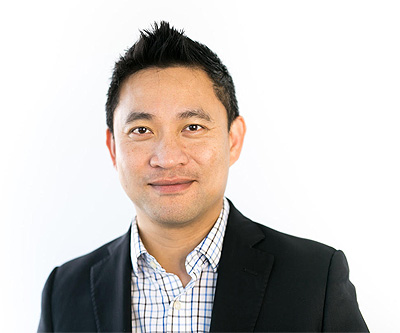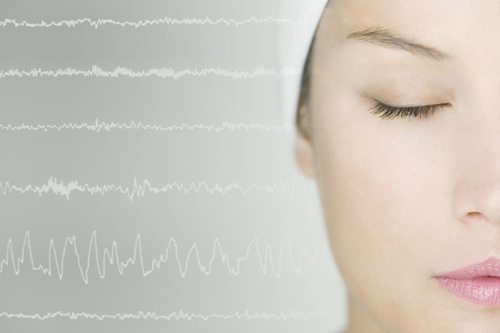Need Assistance? Call us today! 602-478-9713

Chris M. Chui, DDS, MAGD, DASBA
A thriving dental practice often resembles a juggernaut with little time or inclination to go outside of traditional dentistry, but branching out requires a willingness to slow down, be patient, and pursue education. Chris M. Chui, DDS, MAGD, DASBA, puts it this way: “Rome wasn’t built in a day. You must plan, learn, and know that sleep medicine is very different than regular dental procedures.”
And while it’s not simple, Chui believes all dentists can learn the basics. As a clinician with multiple private practice locations in the Bay Area, that learning took place over many years. Now after a decade building the sleep side, referrals are plentiful and colleagues across medical subspecialties understand the value of oral appliances, while also appreciating Chui’s extra devotion to education.
“If you want to be proficient in treating patients with sleep apnea, and ask other colleagues to refer to you, getting diplomate status is something you have to do,” he says. “You can treat one or two patients a year or a month, or five to 10 per month. The diplomate status can help you get more patients, and it demonstrates you have a certain level of knowledge compared to other dentists. It’s vitally important.” Attaining the diplomat status is more than just a new title. It represents your determination, dedication, and devotion to this unique branch of dentistry. It also represents your confidence and proficiency in the subject of Sleep Apnea that helps you build trust and faith from other healthcare professionals.
 Chui rejects any notion that it’s too late for dentists to add a new wrinkle to their practices. With educational offerings from organizations such as the American Sleep and Breathing Academy, the challenges of insurance reimbursement and building the practice benefit from a growing cadre of dentists using best practices. Furthermore, ASBA is a great place to connect likeminded dentists to come together to cultivate interests and share knowledge of sleep, which is extremely important for everyone who has determined to help their patients more than just their dental health. ASBA will provide a platform for any dentists to come and learn to improve the overall health and wellness of their patients.
Chui rejects any notion that it’s too late for dentists to add a new wrinkle to their practices. With educational offerings from organizations such as the American Sleep and Breathing Academy, the challenges of insurance reimbursement and building the practice benefit from a growing cadre of dentists using best practices. Furthermore, ASBA is a great place to connect likeminded dentists to come together to cultivate interests and share knowledge of sleep, which is extremely important for everyone who has determined to help their patients more than just their dental health. ASBA will provide a platform for any dentists to come and learn to improve the overall health and wellness of their patients.
“We probably have some work to do in continuing to properly educate the public,” says Chui, who attended the University of California, San Francisco. “We need to educate the M.D.s, and network with them. Communication is the key and sharing your treatment results to the mutual patients can be challenging yet rewarding. Physicians like to know the status of their patients and it’s imperative that you need to inform them about the success and failure of the treatments. This is the key to referrals from physicians.”
According to Chui, the biggest challenge among dentists to learn how to treat sleep apnea can be multifactorial. However, we can basically identify some factors that can be easily targeted:
Chris M. Chui, DDS, MAGD, D-ASBA